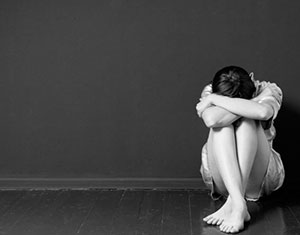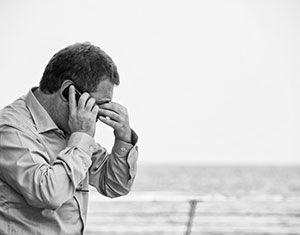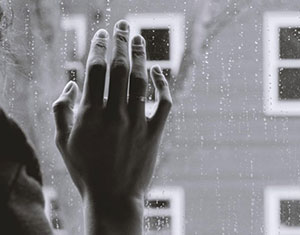A Compassionate Atlanta Attorney for Victims of Rape & Sexual Assault
What Are Rape & Sexual Assault Cases in Georgia?
Sexual assault is arguably the worst crime one can have committed against them. It leaves lifelong damage that a victim is constantly suffering from. Even as physical wounds fade, the mental anguish lasts. Sexual assault cases are among the most sensitive that an attorney can handle. You need and deserve an attorney who will be empathetic and aggressive on your behalf.
Victims’ advocacy and assistance non-profit RAINN reports that 1 in 6 women and 1 in 33 men in the U.S. have been sexually assaulted – a new victim every 98 seconds. Data from the Georgia Bureau of Investigations shows that in a single recent year, law enforcement agencies statewide documented more than 2,600 reports of rape and sexual assault.
Atlanta attorneys for rape and sexual assault victims know these are low estimates. Even when offenses are reported, taken seriously, and investigated, convictions are rare – about 5 out of every 1,000 arrests, according to RAINN.
Criminal courts are not a victim’s only legal recourse. Businesses, managers, and owners of property where assaults occur can also be held accountable if evidence shows there was an unreasonable risk of danger to the victim about which the defendant was aware (or should have been) and failed to address.
Further Reading: Consult A Sexual Assault Lawyer After Experiencing Rape Or Sexual Trauma?
Proving Negligence & Causation in Sexual Assault Cases in Georgia
Many times, civil sexual assault claims aren’t filed directly against the abuser/attacker. Instead, they are filed against other entities or individuals who failed in their responsibility to protect the victim. Some examples of this include:
- Businesses like hotels, gas stations, or nightclubs that fail to provide adequate security to guests.
- Workplaces that fail to address repeated claims of sexual harassment, threats, or assault.
- Schools that fail to protect students from sexual abuse or assault.
Negligent security means the failure to provide a reasonable level of security in response to a known level of threat/danger.
It is reasonable to expect the owner of your apartment building to provide a door that locks with a deadbolt, or for the owner of a hotel to secure the hotel with video footage, and perhaps a security guard. If you can prove that the owner of the property breached the duty of care owed to you by failing to provide reasonable security, and that the lack of security contributed to the incident of sexual assault, the property owner may be held partially liable for your damages.
In order to establish that another’s negligence caused or contributed to your injuries, your attorney will seek to prove four elements:
- The defendant owed you a duty of care.
- The defendant breached the duty of care owed to you through an act of negligence.
- The breach of the duty of care was the legal cause of your injuries.
- The plaintiff suffered damages (losses) as a result of the accident.
If you are the victim of sexual assault that occurred in an apartment complex, hotel/motel, office building, parking lot, or another area where negligent security may have contributed to the act of assault, you may be entitled to pursue a claim for fair and adequate compensation.
Further Reading: Atlanta Sexual Assault Victim Lawyers Help You Get Justice
Compensation and Damages Recoverable in Rape and Sexual Assault Cases
Serious injuries occur anytime a person is the victim of rape or sexual assault. You will need extensive medical care, or even long-term care after an assault. Fortunately, you may be able to recover some of those losses, including:
- Medical expenses, including emergency care and ongoing treatments
- Lost wages
- Reduced or loss of earning capacity
- Long term disability
- Property damage
- Pain and suffering, including emotional injuries
- Diminished quality of life
If you or a loved one has been badly injured due to a sexual assault and would like to discuss what possible damages you could recover, contact Apolinsky & Associates, LLC, for a case evaluation.
Further Reading: Understanding Foreseeability in Negligence & Premises Liability


















